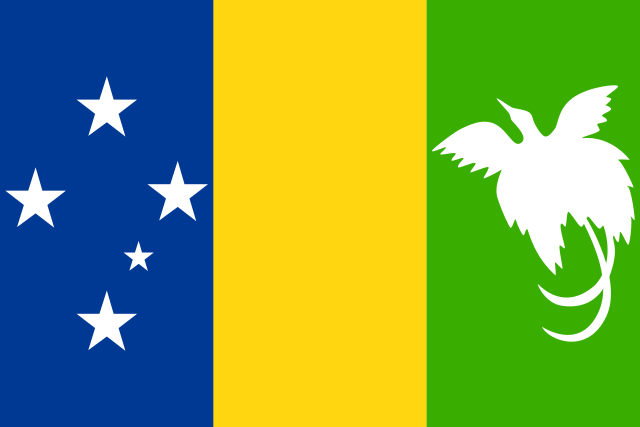A catastrophic landslide in Papua New Guinea (PNG) has buried more than 2,000 people, according to a government official, far exceeding initial estimates of the disaster's toll. This calamity has prompted the government to formally seek international aid as rescue efforts continue under extremely challenging conditions.
The disaster occurred last Friday in the remote village of Yambali, situated in the mountainous Enga province. In a letter to the United Nations, Luseta Laso Mana, the acting director of PNG's National Disaster Center, described the landslide as having caused "major destruction," with more than 2,000 people buried alive.
The United Nations' earlier estimate of 670 casualties now seems drastically underestimated. The PNG government's figure, although not immediately verified, has raised the urgency for international support. Serhan Aktoprak, chief of the UN migration agency's mission in PNG, acknowledged the fluidity of casualty numbers in such massive undertakings but did not dispute the government's higher toll.
U.N. Secretary-General António Guterres extended "heartfelt condolences" to the families of the victims and affirmed the U.N.'s readiness to support PNG's response efforts. "The United Nations stands ready to offer additional assistance at this challenging time," said U.N. spokesman Stephane Dujarric.
The landslide has created a dire situation, exacerbated by the region's remoteness and the difficult terrain. Tribal warfare in Enga province further complicates the deployment of international relief workers and aid convoys, necessitating military escorts. The disaster has also buried a significant stretch of the main highway under debris, hampering rescue and relief operations.
The landslide's immediate aftermath has seen local villagers resorting to basic tools to dig through the unstable and shifting debris in search of survivors and bodies. An excavator, donated by a local builder, marked the first piece of heavy machinery to assist in the efforts, but the work remains hazardous.
"The situation remains unstable due to the shifting ground, posing ongoing danger to both the rescue teams and survivors alike," Mana detailed in her letter to the United Nations.
Prime Minister James Marape's office has promised more information on the disaster's scale when it becomes available. However, the national government's lack of reliable census data complicates efforts to determine the exact number of casualties. Estimates of PNG's population vary widely, with the government citing around 10 million people and a U.N. study suggesting it could be as high as 17 million.
The international response is beginning to mobilize. Australia has pledged A$2.5 million in humanitarian assistance, including the deployment of technical experts to aid in incident management and geohazard assessments, as well as emergency relief supplies like shelter and hygiene kits. "Australia stands by the people and Government of Papua New Guinea at this tragic time," the Australian government stated.
Tribal violence in the region poses an additional risk, with the U.N. reporting that at least 26 tribal warriors were killed in a February battle, and eight people were killed in recent violence. These security concerns necessitate military escorts for aid convoys.
Residents of the affected areas have been digging with shovels and bare hands, attempting to locate survivors amid the unstable ground. Social media footage has captured the desperate scenes, with villagers scaling rocks and digging through the rubble while women weep in the background.
One resident, Miok Ala, highlighted the ongoing danger: "The hazards represented by potential rock slides are becoming more of a pressing issue. The ground is still unstable and the risk is high."
Despite the dire circumstances, there have been moments of hope. Local media reported that a couple was rescued from under the rubble after being trapped for nearly eight hours. "We thank God for saving our lives at that moment. We were certain that we were going to die but the big rocks didn't crush us," said Jacklyn Yandam.




